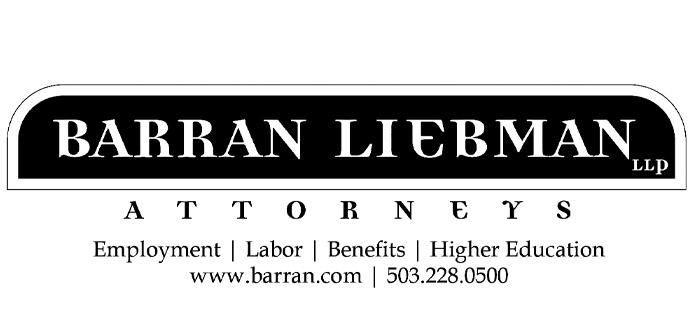The National Labor Relations Act (NLRA) is a federal law providing labor rights to millions of employees throughout the United States. A common misconception is that the NLRA only applies to unionized employees. However, there are certain rights under the NLRA that apply to most private-sector employees, regardless of union status. One example is the right to engage in concerted activity for mutual aid or protection. Under Section 7 of the NLRA, employees have a protected right to engage in concerted activities for the purpose of collective bargaining or other mutual aid or protection. It is unlawful for an employer to discipline or otherwise retaliate against an employee for engaging in protected concerted activity. Determining what types of employee conduct are protected by Section 7 can be a challenging, but important process.
What is concerted activity for mutual aid or protection?
Concerted activity for mutual aid or protection generally occurs when two or more employees take action for mutual aid or protection regarding the terms and conditions of their employment. In certain situations, a single employee can also engage in concerted activity. This can happen through solicitations to a group of employees or when an employee is acting on the authority of other employees, attempting to induce group action, or bringing complaints to the employer on behalf of a group. Two obvious examples of protected concerted activity include employees circulating a petition for better working conditions and employee walkouts. Less obvious examples of protected concerted activity include social media posts regarding working conditions, as well as issues like employee dress codes, as discussed in the National Labor Relation Board’s (NLRB) recent decision on this issue, Home Depot, Inc., 373 NLRB No. 25 (2024).
The Home Depot Case
In Home Depot USA, Inc., the NLRB found that employees at a Home Depot store in Minnesota were subject to racially discriminatory behavior by a coworker. Employees prepared materials to celebrate Black History Month, and the materials were vandalized numerous times. Employees also wore BLM markings on their aprons in an effort to show support for communities of color. The company told an employee that he could not return to work until he removed the BLM marking from his apron.
The employee resigned and claimed that management violated his NLRA Section 7 rights by refusing to allow him to continue working while wearing the BLM marking. The NLRB decided that this was a violation of the employee’s Section 7 rights, because wearing the BLM marking was sufficiently linked to concerted activity for mutual aid or protection. According to the Board, “an individual employee’s action is ‘concerted’ within the meaning of Section 7 if it is a ‘logical outgrowth’ of employees’ prior or ongoing protected concerted activity.” In this case, the prior concerted activity was a discussion with management regarding racism and vandalism of the Black History Month materials. The Board reasoned that the employee’s insistence on wearing the BLM marking was “directly related” to these incidents of concerted activity.
An employer’s interference with employees’ right to engage in protected concerted activity, such as displaying protected insignia like the BLM marking in this case, is presumptively unlawful. An employer can overcome this presumption by showing that the interference with employees’ rights was justified by special circumstances, such as safety, public image, or damage to products, but the burden is on the employer to prove this. Home Depot was not successful in making the “special circumstances” argument with regard to public image, safety, and employee dissension because: 1) they allow a multitude of other markings to be displayed on aprons, including LGBTQ pride and cultural symbols, 2) there was not enough evidence to support the allegation that the BLM markings posed a safety risk to employees, and 3) the fact that other employees disagree with the markings is not a sufficient reason to prohibit them.
Employer Takeaways
When making policy or disciplinary-related decisions, employers should consider whether the employee has engaged in protected, concerted activity. Even if employees are not members of a union, most private-sector employees are still protected under the NLRA from retaliation for exercising their Section 7 rights. Like in Home Depot, these issues can arise where employers least expect them — like in a social media post that criticizes the employer, or a patch with a political message on a work uniform. For assistance with evaluating whether an employee has engaged in protected concerted activity, and how to navigate the situation, employers should contact trusted legal counsel.
Becky Zuschlag is an attorney and Hannah LaChance is a law clerk and future attorney at Barran Liebman LLP. For questions, contact Zuschlag at 503-276-2151 or bzuschlag@barran.com.





